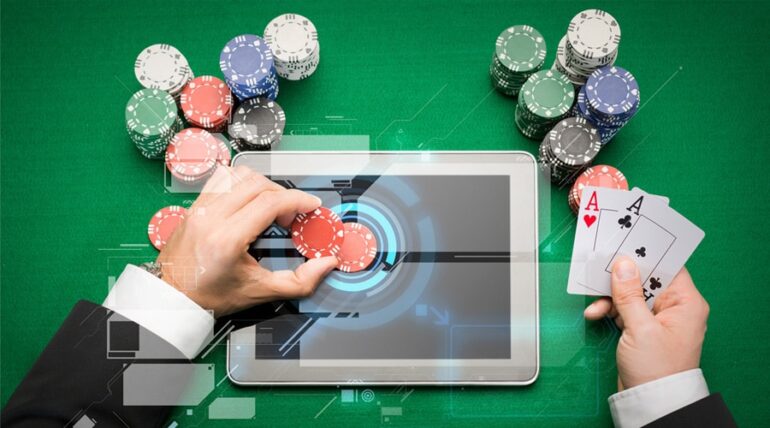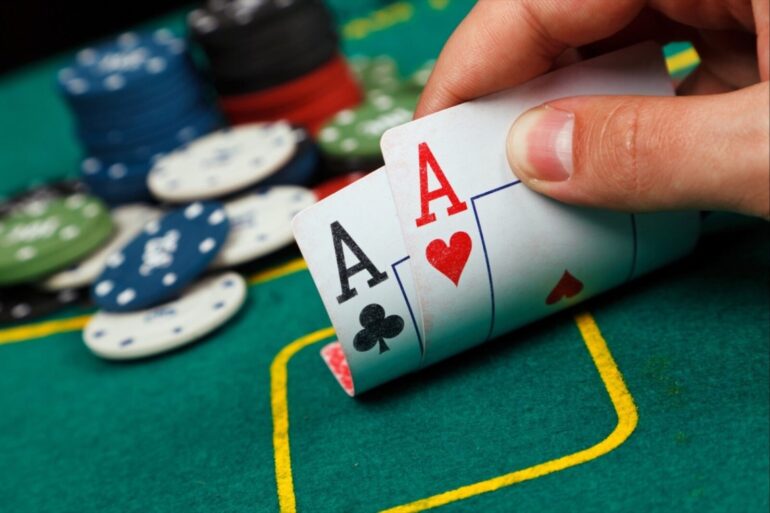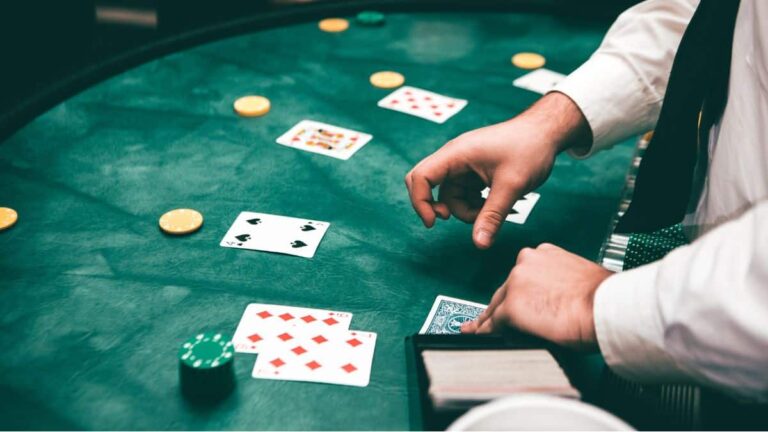In recent years, a growing body of research has shed light on a fascinating but often overlooked topic: the health benefits of playing poker. Not just a game of chance, poker is increasingly recognized for its potential to enhance cognitive functions, emotional well-being, and interpersonal skills. Today, we delve into the scientific aspects of poker and uncover how this seemingly simple card game can positively impact your health.
Cognitive Advancement Through Poker

From improving concentration to boosting memory, poker has a range of cognitive benefits. A study published in Cognitive Research: Principles and Implications found that poker players demonstrated enhanced cognitive flexibility, attention control, and mental arithmetic abilities compared to non-players. These enhancements can be attributed to the multifaceted nature of the game, which requires memory retention, strategy application, and swift decision-making, contributing to the overall cognitive development of an individual.
Emotional Well-being and Poker
Beyond the cognitive benefits, playing poker can also contribute to emotional health. Poker is a game of emotional resilience, where players must remain calm under pressure, manage frustration, and learn to handle losses. This emotional control and resilience developed at the poker table often translate into other aspects of life, equipping players with a healthier emotional response to challenging situations.
Poker and Interpersonal Skills
In addition to cognitive and emotional benefits, poker also aids in developing strong interpersonal skills. Whether you’re playing at a physical table or participating in online poker, you need to be able to read your opponents’ behavior and make strategic decisions based on those observations. Such skills can be invaluable in real-life situations where understanding and interpreting others’ actions can lead to more productive interpersonal relationships.
Mathematical Proficiency and Strategic Thinking

The game of poker inherently involves elements of probability and statistics. Players must constantly calculate their odds of winning and adjust their strategies accordingly. This frequent mental arithmetic can significantly improve mathematical proficiency and strategic thinking.
Health Benefits for Senior Citizens
Poker can particularly benefit senior citizens by slowing cognitive decline. According to a study published in The Journals of Gerontology, adults aged 60 and above who engaged in mentally stimulating activities, like playing poker, showed slower memory decline compared to those who did not. Thus, regular poker sessions could potentially serve as a non-pharmaceutical intervention to combat cognitive aging.
Mental Agility and Multitasking
The fast-paced nature of poker, where players juggle multiple tasks simultaneously, promotes mental agility. The ability to make quick, strategic decisions in a changing environment enhances a player’s adaptability, making them more equipped to handle diverse situations in life.
Poker and Its Influence on Decision-Making Skills
One of the key aspects of poker is decision-making under uncertain circumstances. When playing, one must analyze the odds, consider the other players’ strategies, and make calculated risks. All these components of the game contribute to enhancing a player’s decision-making skills.
A study in Psychological Science revealed that regular poker players showed improved decision-making abilities and were more adept at making quality decisions within a limited time frame. Moreover, the players were better at distinguishing between decisions that led to successful outcomes and those that didn’t, regardless of the result. This skill is particularly useful in the real world, where one often needs to make quick and informed decisions.
The Role of Poker in Stress Management

Interestingly, poker can also play a role in stress management. The game’s inherent unpredictability requires players to remain calm and focused even when faced with potentially stressful situations. Over time, regular players may develop better stress coping mechanisms, learning to maintain composure and clear thinking during high-pressure situations.
It’s important to note that while the game can help manage stress, it shouldn’t replace professional mental health treatment. Poker can, however, serve as a supplementary strategy to reduce stress and promote relaxation.
Conclusion
Poker is more than just a recreational game. The cognitive, emotional, and social benefits it offers make it a multifaceted tool for enhancing mental health. From honing decision-making skills and stress management techniques to promoting mental agility and improving mathematical proficiency, the benefits of poker are surprisingly diverse and significant.
Nonetheless, like all activities, poker should be enjoyed responsibly. It’s not a panacea for cognitive or emotional challenges, but it can be a beneficial part of a comprehensive wellness strategy. The next time you pick up a deck of cards, remember, you’re not just playing a game—you’re also participating in a workout for your brain.

